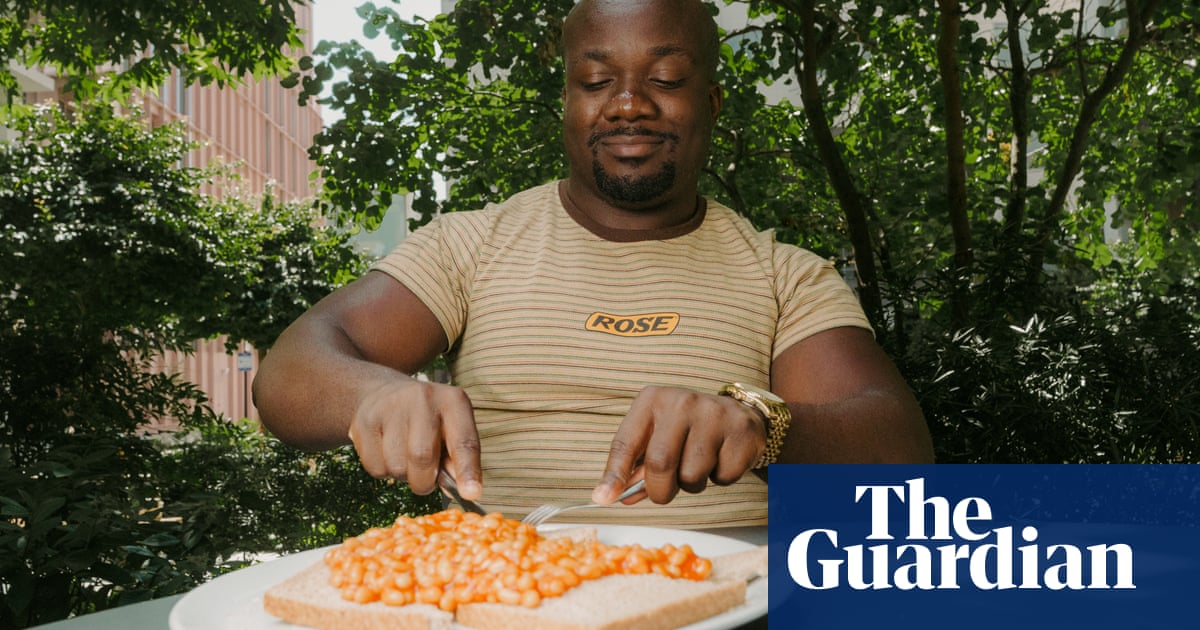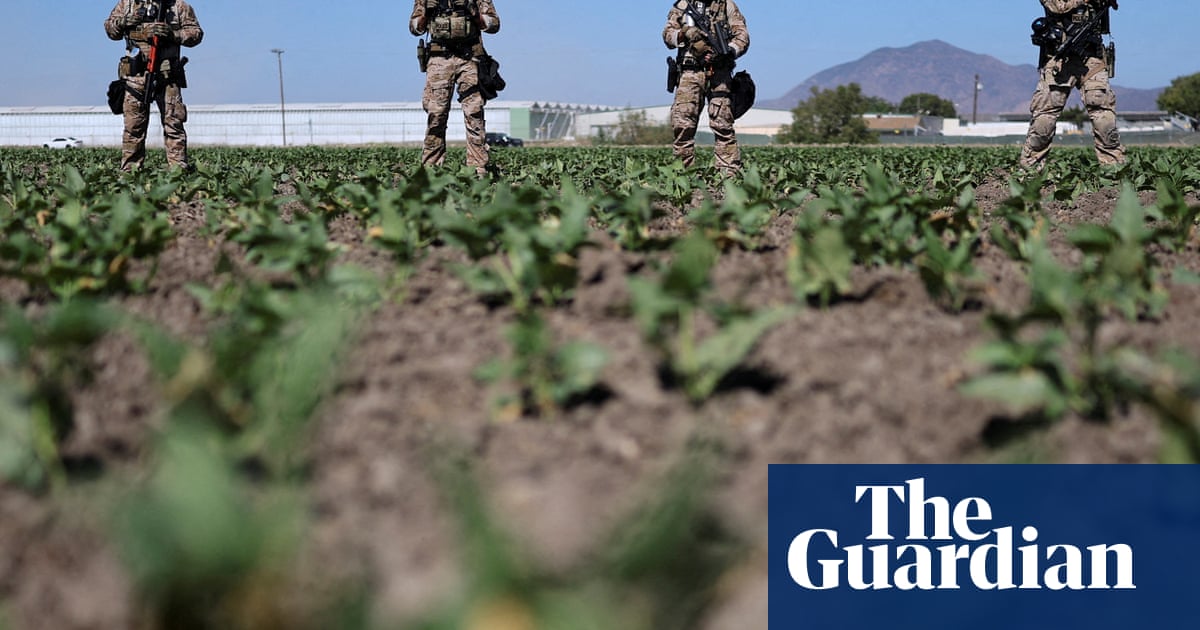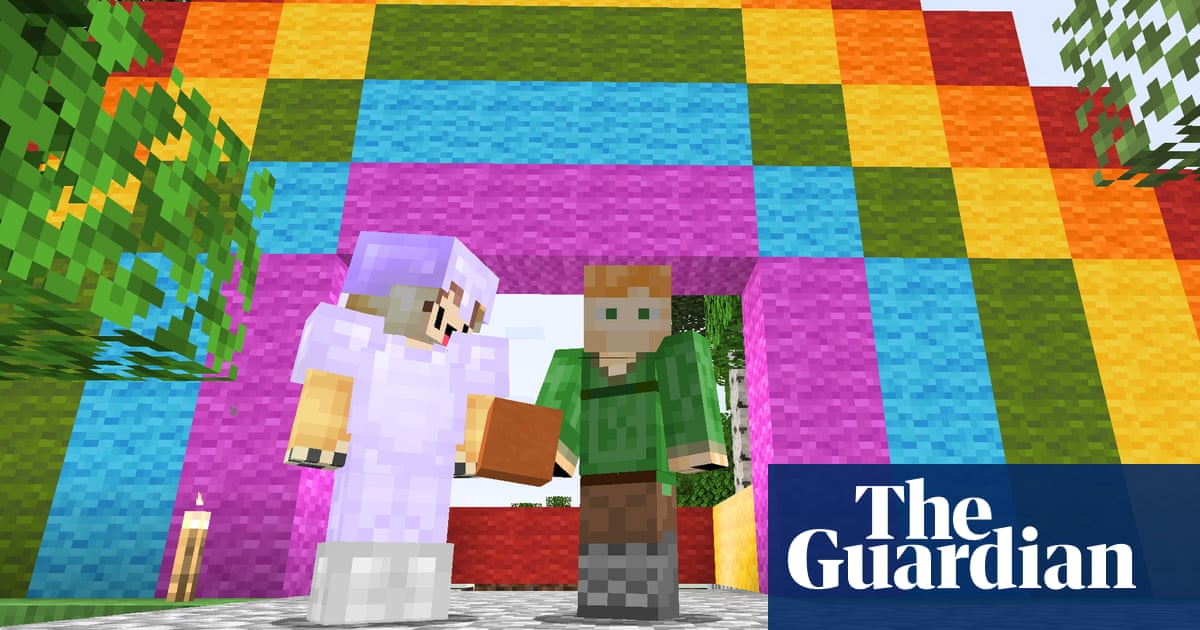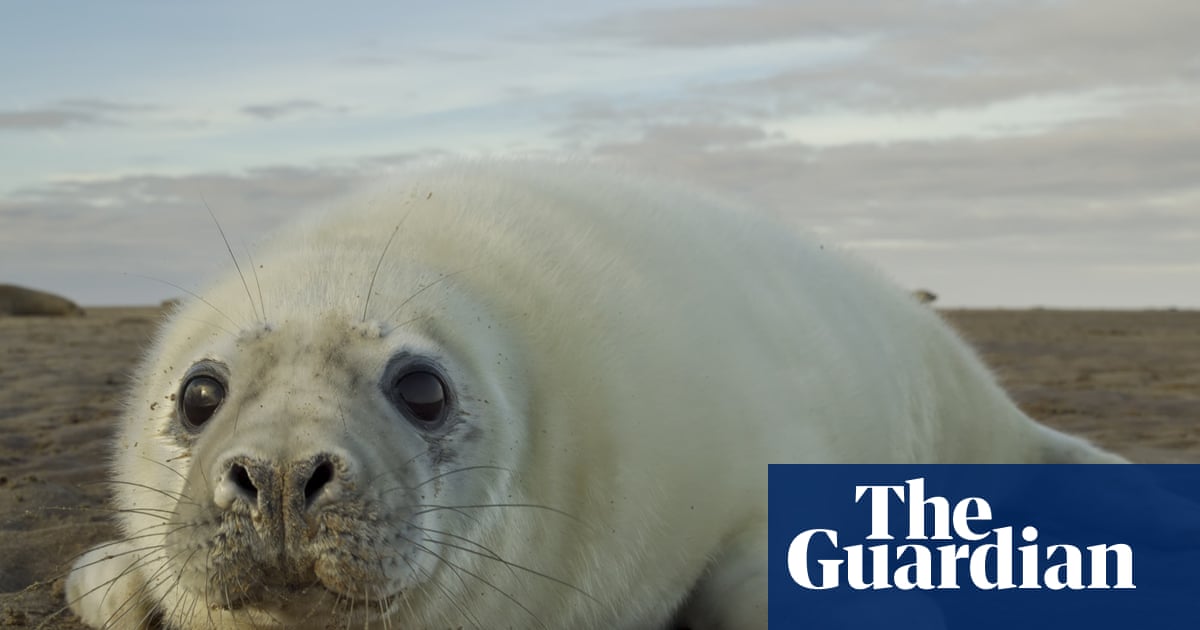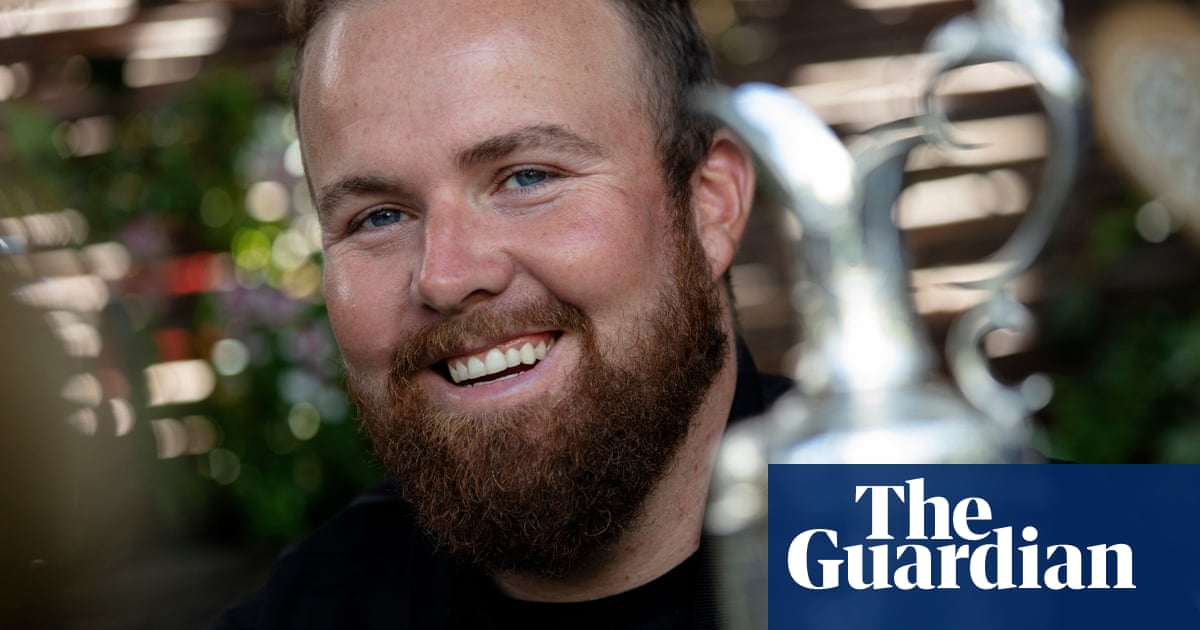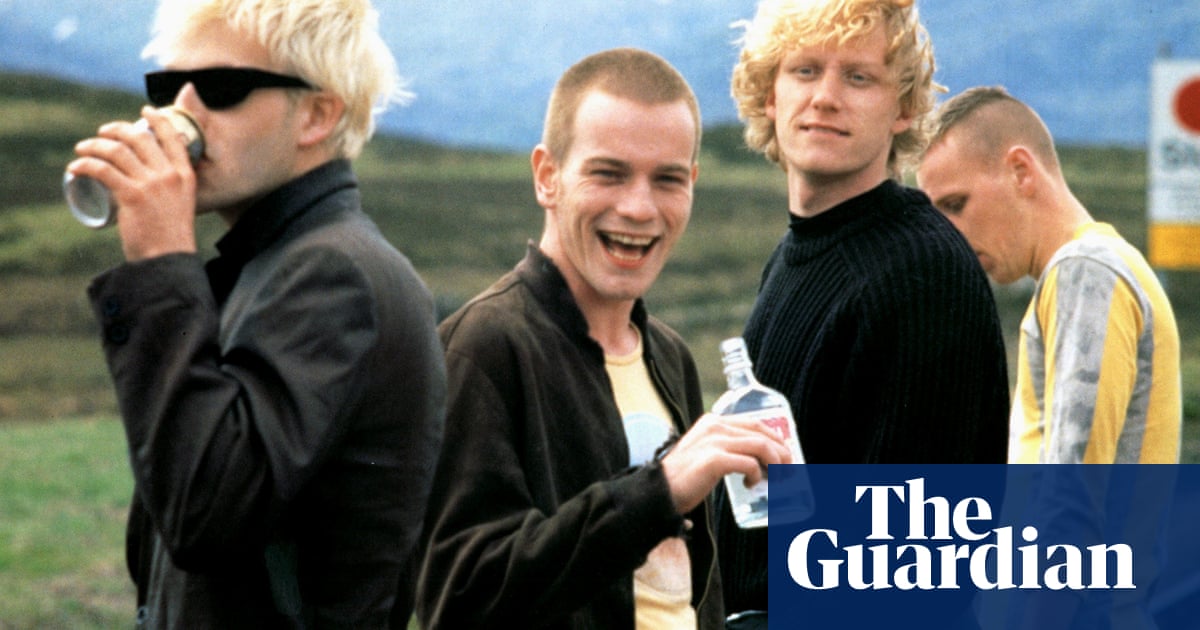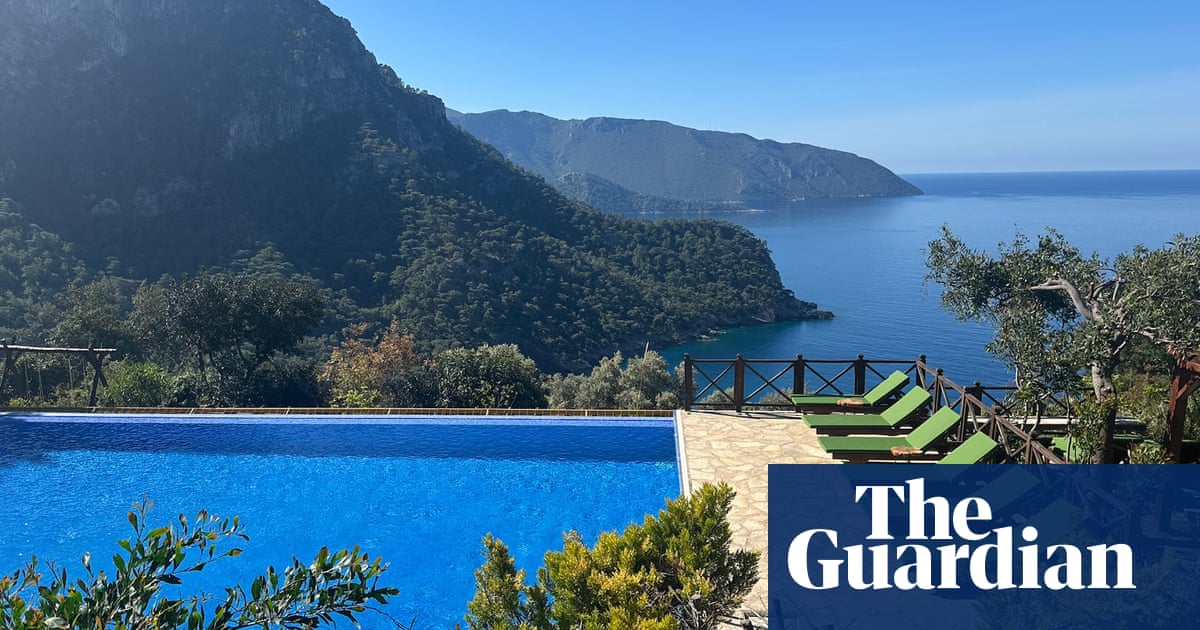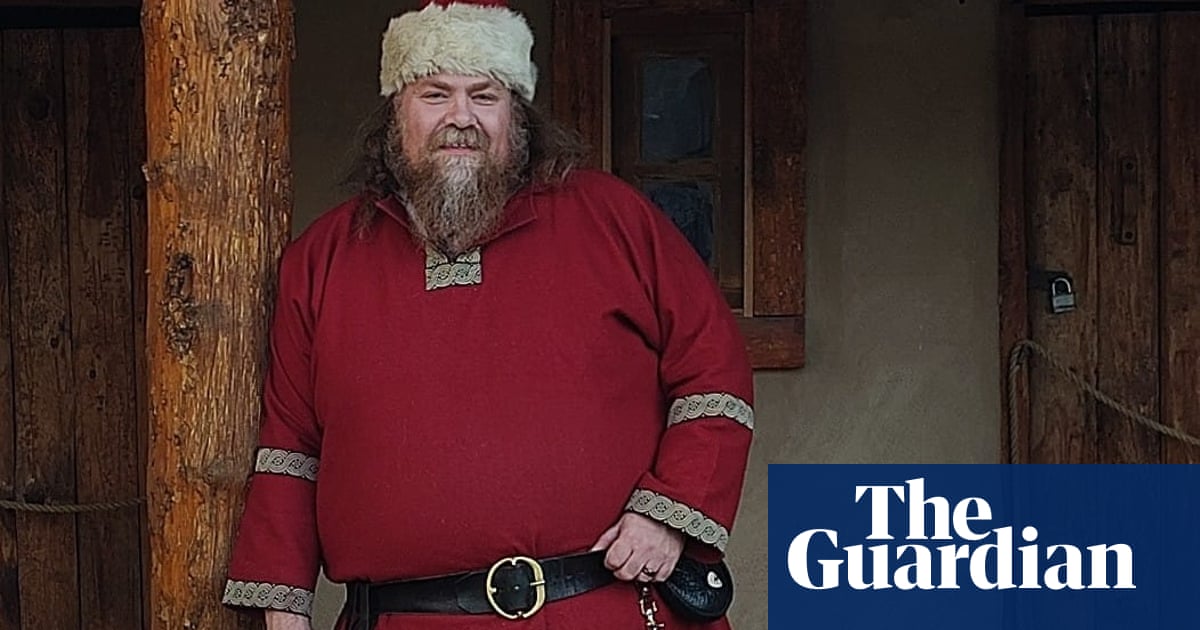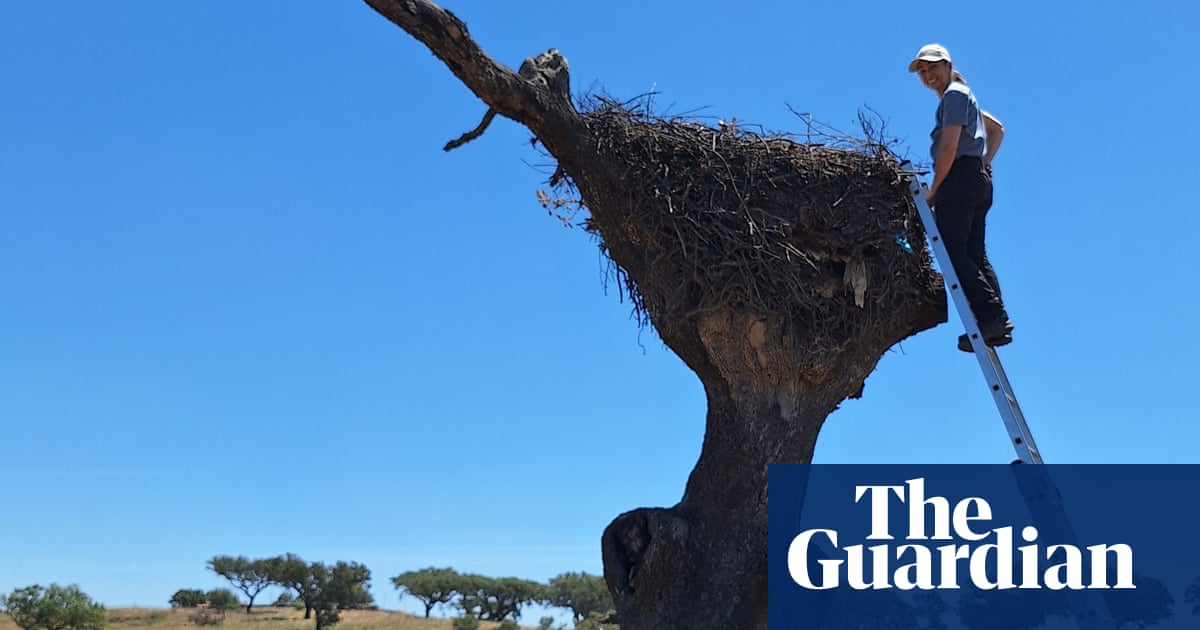Carolina Wilga hit her head in a car crash and left her vehicle in a “state of confusion” before going missing in the Western Australian outback for 11 nights, the German backpacker has revealed.
In the 26-year-old’s first statement since flagging down a local woman, Tania, in a passing car on Friday afternoon, Wilga explained the series of events that led to her disappearance.
“Some people might wonder why I even left my car, even though I had water, food, and clothing there,” she said in a statement on Monday afternoon.
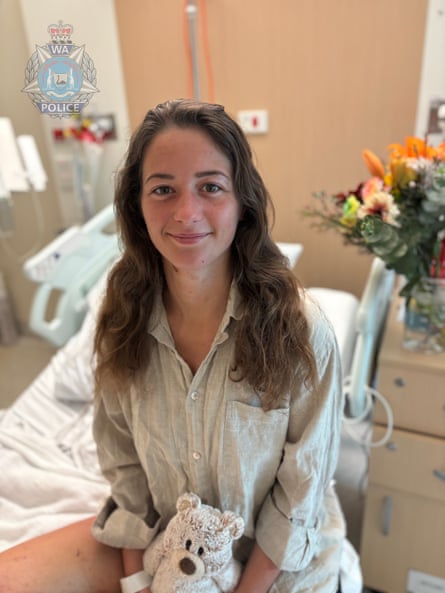
“The answer is: I lost control of the car and rolled down a slope. In the crash, I hit my head significantly. As a result of the accident, I left my car in a state of confusion and got lost.”
A desperate search for Wilga began after her family and friends raised the alarm when they had not heard from her since 29 June. She was last seen visiting a shop in Beacon, a small town about 300km north-east of Perth.
Police sent significant land and air resources to the region, combing over the remote Wheatbelt area with the assistance of volunteers.
On Thursday, Wilga’s Mitsubishi van was found bogged and abandoned in Karroun Hill, about 150km from Beacon.
The following day, she was found about 24km from her car, “ravaged” by mosquitoes, dehydrated, exhausted and starving.
WA police Acting Det Insp Jessica Securo said after her discovery that Wilga had “somewhat lost control of the vehicle”, which had then become “mechanically unsound and bogged”.
She told media over the weekend that they had never given up on a positive result.
“It’s sheer luck,” she said. “The area out there is mixed terrain. It can be quite dangerous if you don’t know what you’re doing or where you’re going, and it’s very easy to get lost.”
Wilga had stayed with the car for just a day before panicking and striking out to find help, Securo said, and had used the sun’s position to head west. She had minimal food and water with her, and drank water from rain and puddles to survive.
At one point, she sought shelter in a cave.
In her statement on Monday, Wilga expressed “a huge thank you from the bottom of my heart” to supporters during her search.
“Previously, I didn’t know where my place was in a culture on the other side of the world to my own, but now, I feel a part of it,” she said.
“Western Australia has taught me what it really means to be part of a true community. Here, humanity, solidarity, and care for one another are what truly matter – and in the end, that’s what counts most.”
Wilga said she was “certain” that she only survived thanks to the outpouring of support, giving particular mention to police, the German consulate and medical staff.
after newsletter promotion
“The thought of all the people who believed in me, searched for me, and kept hoping for me gave me the strength to carry on during my darkest moments,” she said.
“My deepest thanks also go to every single person who simply thought of me – and of course, to my rescuer and angel, Tania.
“I am simply beyond grateful to have survived. Thank you Australia – you are amazing.”
Speaking to the media on Sunday, the Western Australian premier, Roger Cook, said Wilga had managed an “extraordinary feat”.
“I can’t imagine how traumatic it was for her and I can’t imagine the elation that her mother and her family and her friends must have felt when [it] was reported that she was safe,” he said.
“Everyone should take note though that this is an example of just how dangerous our bushland and our outback can be.
“If you’re looking to undertake extensive travel into regional WA, please take the necessary precautions.”
Cook said the case was reminiscent to that of Robert Bogucki, an American firefighter who survived 43 days in WA’s Great Sandy Desert in 1999.
“That was a remarkable number of nights,” he said.
“These are always unfortunate circumstances but they are also opportunities, when you have a success like this, just to celebrate the human spirit, tenacity.”

 3 hours ago
1
3 hours ago
1

